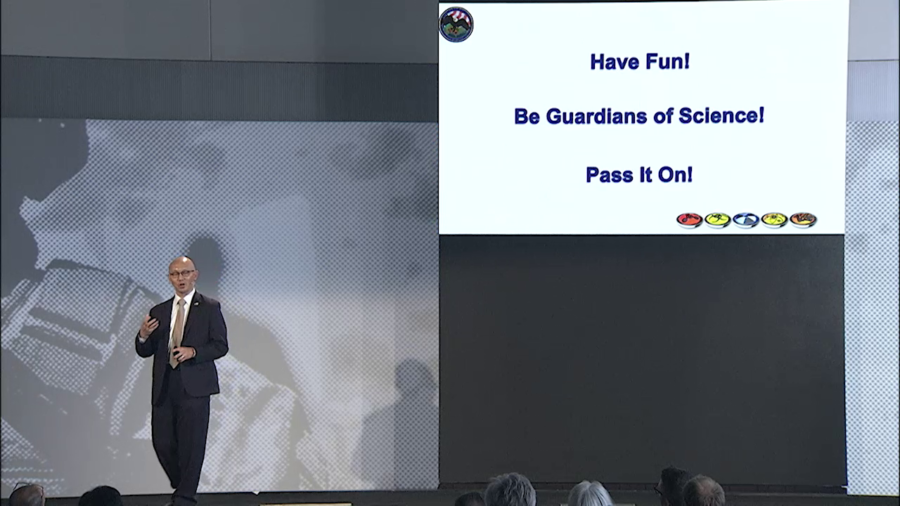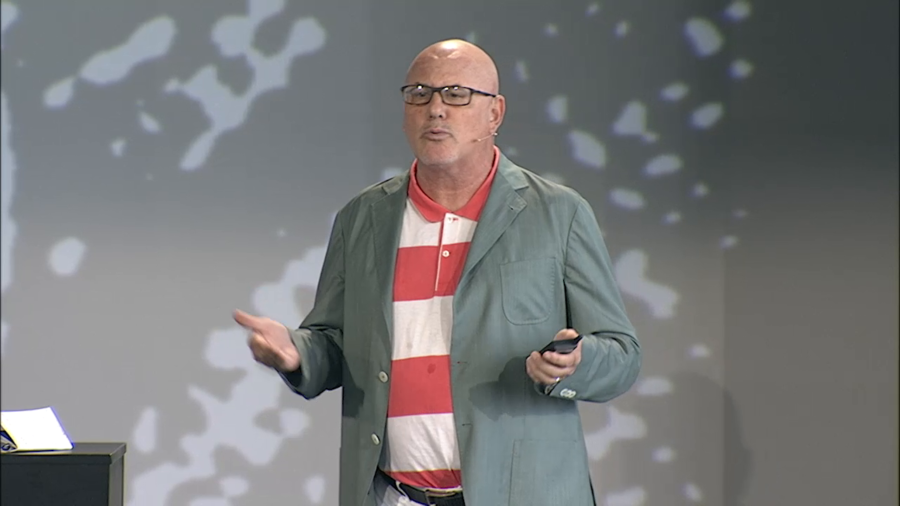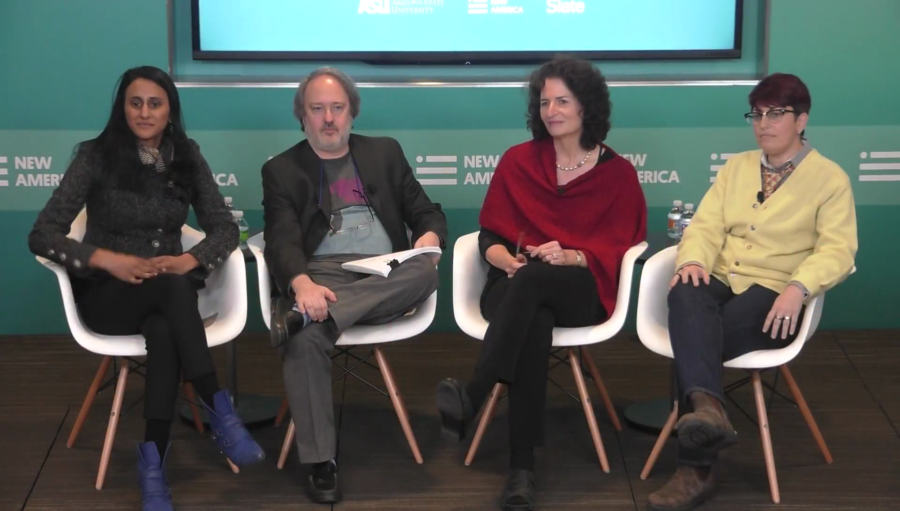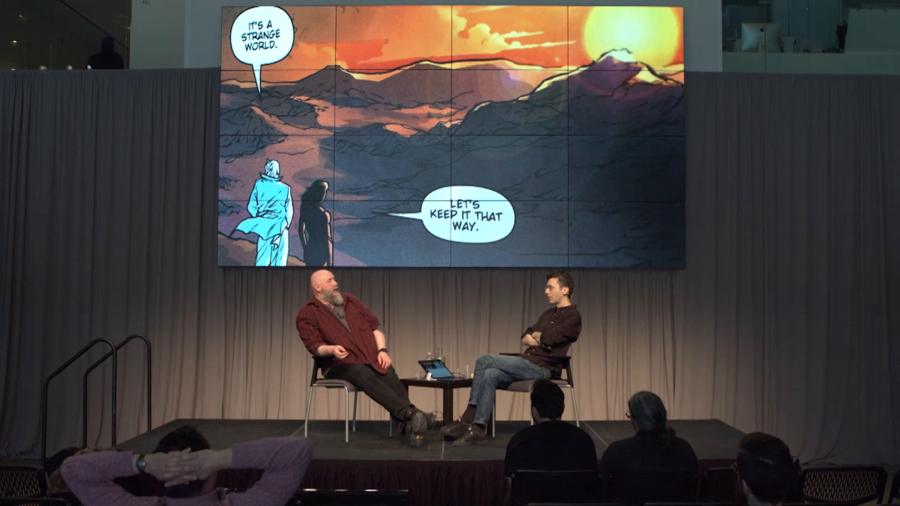What I’m trying articulate here is that there is a really fine balance between how do you spur and invigorate innovation, and then also address security at the same time. Because one cannot drown out the other. Because you’re going to have all kinds of issues.
Archive (Page 2 of 3)
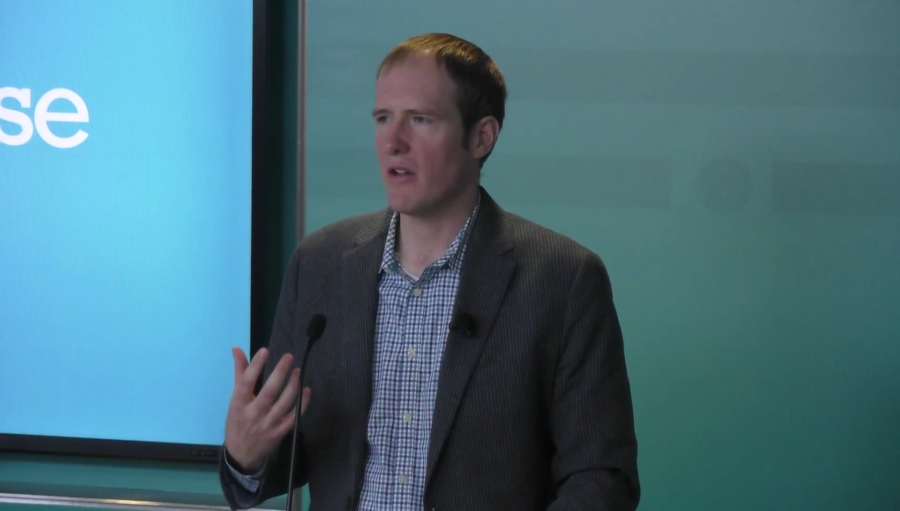
Mary Shelley’s novel has been an incredibly successful modern myth. And so this conversation today is not just about what happened 200 years ago, but the remarkable ways in which that moment and that set of ideas has continued to percolate and evolve and reform in culture, in technological research, in ethics, since then.
The best justification we have for killing fifty-six, fifty-seven, whatever billion land animals and a trillion sea animals every year is that they taste good. And so, in a sense how is this any different from Michael Vick, who likes to sit around a pit watching dogs fight, or at least he used to?
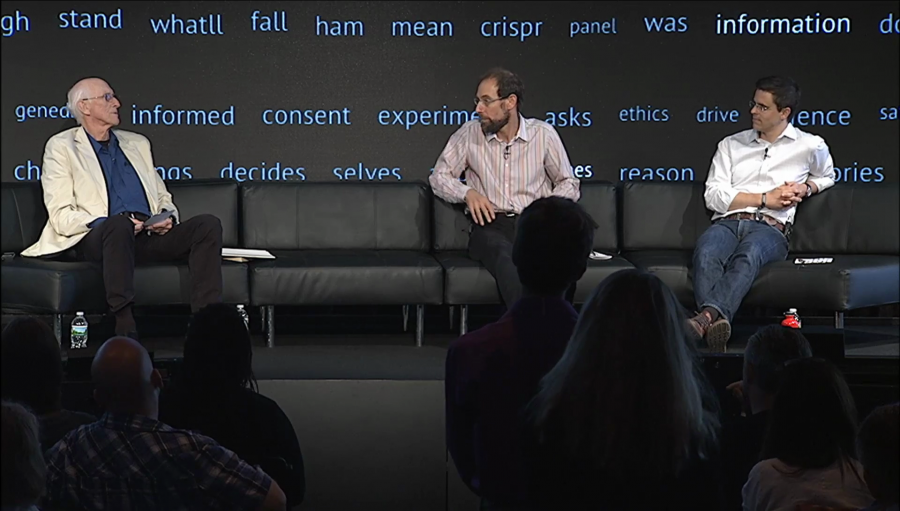
Solar geoengineering rests on a simple idea that it is technically possible to make the Earth a little more reflective so that it absorbs a little less sunlight, which would partly counteract some of the risks that come from accumulating carbon dioxide in the atmosphere. When I say technically possible, it appears that at least doing this in a crude way is actually easy, in the sense that it could be done with commercial off-the-shelf technologies now, and it could be done at a cost that is really trivial, sort of a part in a thousand or a part in ten thousand of global GDP.
I think if there are people who are able to take a step backwards, take that proverbial zoom out, and realize that everybody’s kind of doing the same thing in different ways, and be able to step from one perspective to the other and ask different kinds of questions based on where they are at any given moment time, then it just becomes a game. I think it becomes joyful and engaging. I mean, I’m not interested in finding the answer to anything. I don’t think there is the answer to anything.
Some of my artist friends think what I’m doing isn’t art, and I’ve given up on art. It’ll take care of itself. You know. I mean it’s always been there, it will always be there, and we always know that new art never looks like art at first, ever. So why should this be any different? We just have to trust the process. And I would say that must be true for every other discipline.
When the public cannot prove that the oil company is going to cause damage, then we’re not allowed to say, “Nevertheless, the risk is not acceptable.” So we have turned it over, the decision, to the expert. We have taken it out of the hands of the community. And then when we say we want community input, we hold a public hearing, and the experts sit up at a table. And then the grandmother who does not have a graduate degree, she’s not allowed to say, “Here’s what I’ve seen. Here is what’s happened in my community. And that’s not acceptable.” Her view is not taken because she’s not an expert. And so we’ve taken away the right for self determination and for community determination.

